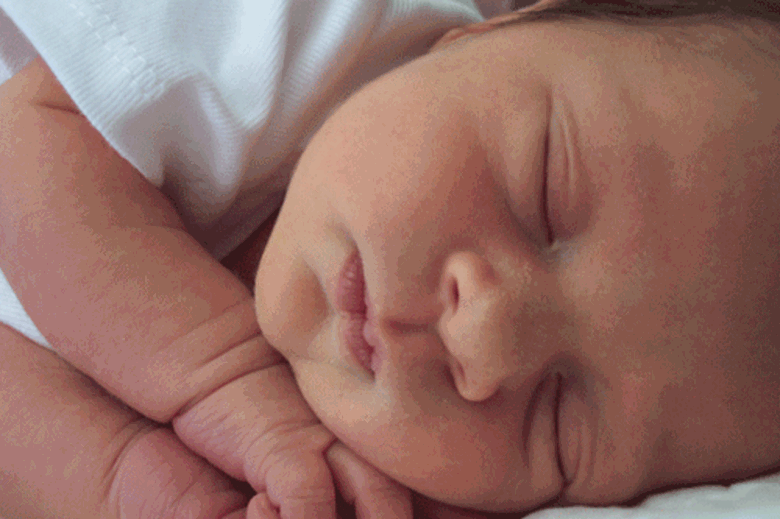Health visitors 'must ask parents about alcohol' to combat sudden infant deaths
Tristan Donovan
Thursday, July 26, 2018
Health visitors and other professionals should do more to deliver safe sleep messages to high-risk families to reduce sudden unexpected deaths in infancy (SUDI).

A University of Warwick study of 27 serious case reviews involving SUDI found that if parents followed UK safe sleep guidance many of those infant deaths could have been avoided.
In 19 of the 27 cases, parental drug or alcohol use was directly involved in the lead up to the infant's death. In 12 of the 16 cases where parents were sleeping with their infants at the time of death, substance use was a factor.
In light of this, the researchers recommended that children's professionals help parents who use drugs and alcohol to develop safe sleep practices.
"Health visitors and midwives should be encouraged to ask both parents about their use of alcohol and other substances, and help them develop safe sleep practices, including the avoidance of co-sleeping, which can then be used when parents are affected by substances," the review concluded.
In three of the cases involving intoxicated parents, the mothers said they ignored the safe sleep advice they had been given because they thought "it couldn't happen to me".
Click link below for related CYP Now content:
Analysis: Tackling health visitor struggles
Long-standing neglect was another key feature in 15 of the cases examined. This finding echoes international research that suggests SUDI now predominately occurs among deprived families.
Dr Joanna Garstang, who led the review, said: "Eleven families' siblings were reported as dirty, hungry, inadequately dressed or had severe dental caries, and seven families lived in homes described as squalid.
"Four mothers lacked basic parenting skills, and one father was convicted for child neglect after leaving his young children home alone."
Other risk factors identified by the review included parents' unwillingness to engage with services, which occurred in 18 of the 27 serious case reviews.
"If parents are enabled to develop and understand safe sleep practices, they may be able to keep to these if there are unforeseen circumstances," said the review paper.
"Some families, however, are not willing to engage with services; and if there are concerns about parenting this has to be considered and managed as a safeguarding issue to ensure that vulnerable infants are protected."
The researchers recommended that additional research into how best to deliver safe sleep messages to high-risk families is needed.
Jenny Ward, director of services at the Lullaby Trust, which promotes advice on preventing SUDI, said: "We welcome this study, which demonstrates the urgent need to ensure safer sleep advice reaches all parents and carers, particularly vulnerable families where extra support is often most needed. While reaching vulnerable parents can be challenging, the study shows that it could ultimately save babies' lives."
In 13 of the 27 cases parents had been given safe sleep advice prior to the death of their babies.
Every year there are around 300 to 400 deaths in England and Wales due to SUDI. SUDI is defined as the unexplained death of an infant when that had not been considered a reasonable possibility in the previous 48 hours. SUDI cases are often categorised as sudden infant death syndrome.
The University of Warwick's review examined serious case reviews into deaths that occurred between 2011 and 2014. The full paper, Qualitative Analysis of Serious Case Reviews into Unexpected Infant Deaths, has been published in the Archives of Disease in Childhood journal.
In 2015 Public Health England recommended that all professionals who work with families are trained in how to prevent SUDI.




